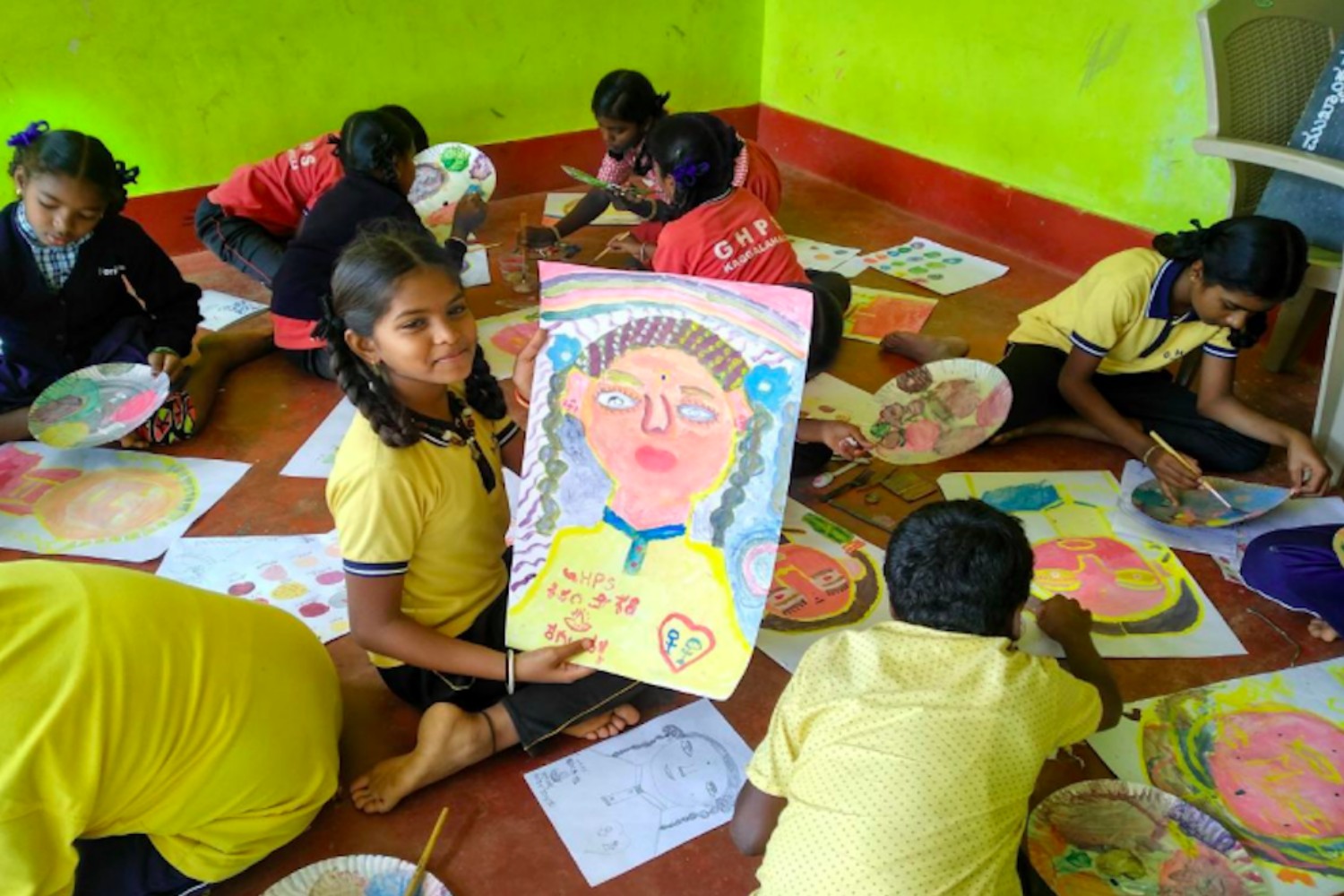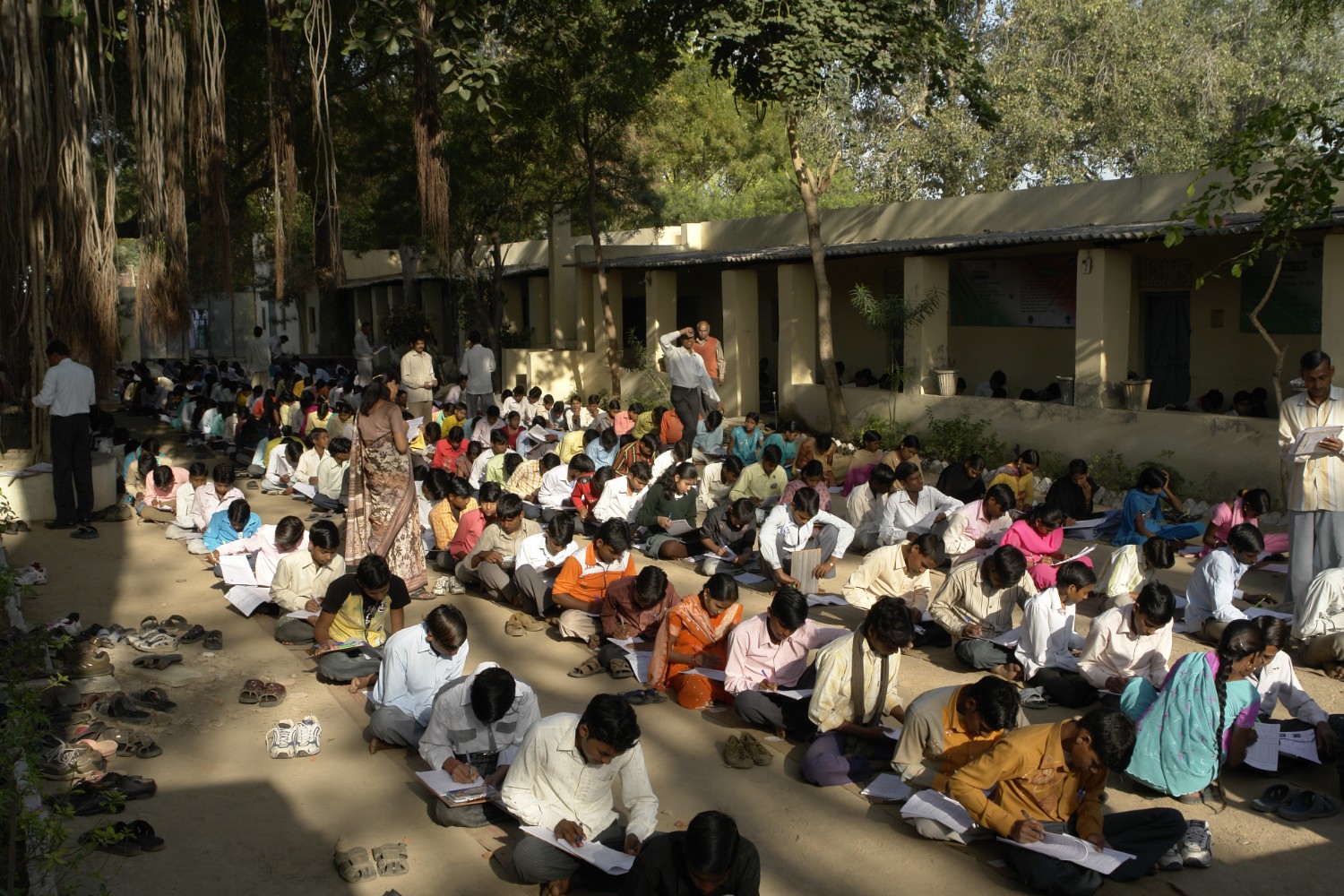Designing and conducting assessments: resources for thinking and practice
An article in the “Resources and Reviews” section brings together publicly available audiovisual resources and online material on assessment, and a couple of courses in this area, that can help practitioners hone their skills and perspectives.

Assessment is often seen as a technical issue mired in many esoteric considerations. However, since it is an integral part of learning, all stakeholders in the education system must develop an understanding of assessment as a key aspect of processes related to teaching and learning. In this piece, we share a few resources that can support you in your journey in developing a robust understanding of this domain.
Videos from the 13th Partners’ Forum
Wipro Foundation has been hosting Partners’ Forum – an annual three-day long event for its education partners – since the early 2000s. The Forum is designed to serve as a platform for partners to share knowledge, build relationships, and collaborate with one another. The 13th Partner’s Forum that took place during December 19-21, 2012, at Center for Learning, Bengaluru, focussed on the theme of assessments.
The sessions at this Forum focussed on subthemes such as CCE, Teacher Assessment, Large-scale Assessments, Conceptual Issues in Assessment, and SEL. Some of the sessions also tried to capture the experience of schools in this area. You can access the proceedings as videos on this playlist.
The videos are relatively short, and packed with learnings from practice, information and a diverse set of perspectives.
Online resources on assessment
Azim Premji University (APU) has been working on many aspects of assessment for quite some time now. Based on field-level insights and experiences, it has created various resources on/for assessment. These include handbooks, manuals and articles. This webpage houses the resources created by the university in this field.

These include sub-themes as diverse as “Guidelines for question paper development,” “Learning outcomes – secondary stage,” “Teacher recruitment framework,” “Principles for effective classroom assessment,” “A guide to read, interpret and use largescale assessment data,” “Doing formative assessments in classrooms,” and “Unleashing the power of open book examinations for summative assessments.” Some of these documents are available in Hindi as well. You may find perusing through, and using, some of these resources as helpful aids in your own assessment practices.
Courses on assessment
APU’s Postgraduate Diploma in “Education – Educational Assessment”
This diploma program’s objective is to build capabilities in assessment among key stakeholders in education. The intended learning outcomes for participants include understanding concepts, principles and approaches related to assessments, the ability to design assessment tools such as test papers, projects, portfolios, rubrics and checklists, the competence to facilitate students’ learning through assessments, and felicity in designing large-scale assessments.
The program is delivered in a blended mode (with webinars and on-campus contact classes), and is intended for working professionals such as teachers, academic coordinators, head teachers, teacher educators, curriculum designers, test paper developers and textbook writers. The diploma program consists of four (4) certificate courses of six (6) credits each. Completing all the certificates is mandatory for awarding the PG Diploma. More details about eligibility, duration and program structure, etc. may be found here.
APU’s certificate program in “Student assessment in practice”
This program offered by APU deals with assessment of, for and as learning. Its goal is to build the perspectives and capacities of teachers, teacher educators and assessment practitioners to help them better design and conduct assessment as a tool for improving teaching and learning.
The program focuses on assessment of students’ learning levels in elementary education. Additional details about eligibility, duration, and program structure, etc., may be perused here.




No approved comments yet. Be the first to comment!